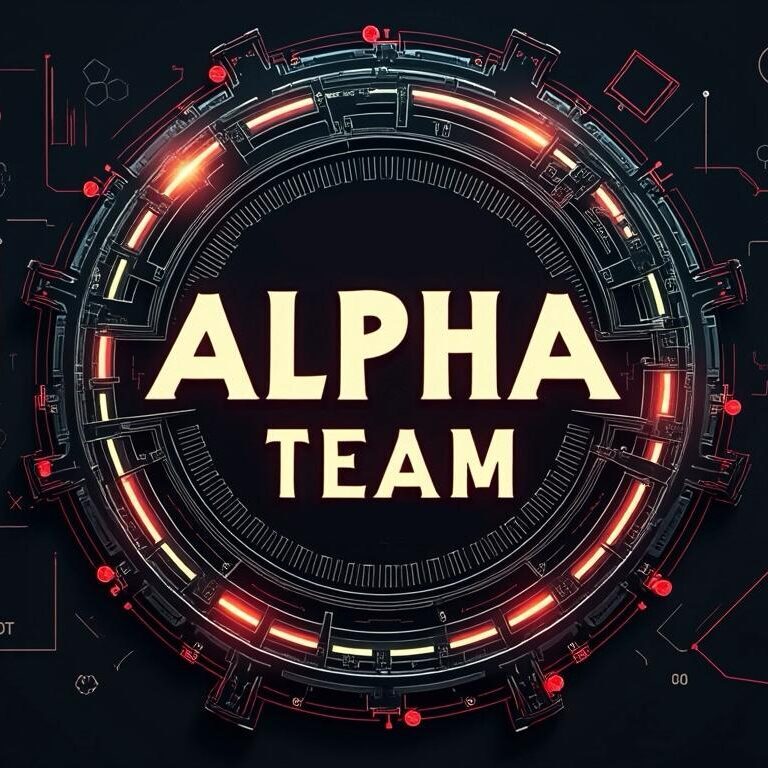The ethical responsibilities of an engineer are becoming increasingly more important with the development of new software, especially AI. These developments dramatically increase the significance that as engineers we are aware of how we can commit ourselves to being an engineer that is inclusive and works for the benefit of society. These ethical responsibilities are outlined by the RAE and EC joint ethical principles statement.
The main behaviors outlined throughout the statement include Honesty and Integrity, Respect for life, law, environment and public good, Accuracy and rigour and Leadership and communication.
An engineer with integrity and honesty throughout all professional matters, I must act in a truthful manner where all decisions that I, as an engineer, make must also be made while respecting confidentiality and how my decisions affect others, along with how conflicts of interest must be declared as well as report any malpractice I become aware of.
Furthermore, to respect life, law, the environment and public good I must work with the intention of benefiting society as well as abiding by the law through both the physical uses a digital storing of data, so it is order with cyber security rules. Further issues arise with the use of intellectual property. As a student and engineer I understand the requirements to follow laws and act accordingly in a way that accounts for health and safety.
In order to be an engineer who acts with rigour and accuracy, I must complete all work with comprehensive and accurate research and analysis. As well as assisting other engineers in their own development. Furthermore, throughout research it is vital that all sources are reliable.
The final ethic is Leadership and communication, which as a student completing a group project is vital. This allows me to conform against the ethical principles as it has shown me the benefits of communication, and inclusion so all opinions are taken equally allowing for the promotion of equality and diversity.
The IETs professional ethics webpage provides engineers with resources that give a set of rules that must be followed, guidance on whistle blowing and social media use as well as a reading list that describes engineering ethics on a deeper level.
A useful resource I found was https://epc.ac.uk/resources/toolkit/ethics-toolkit/ which gives engineers an interactive toolkit that is designed to embed ethics into engineering in a way that engineers can develop ethical skills progressively.

No responses yet